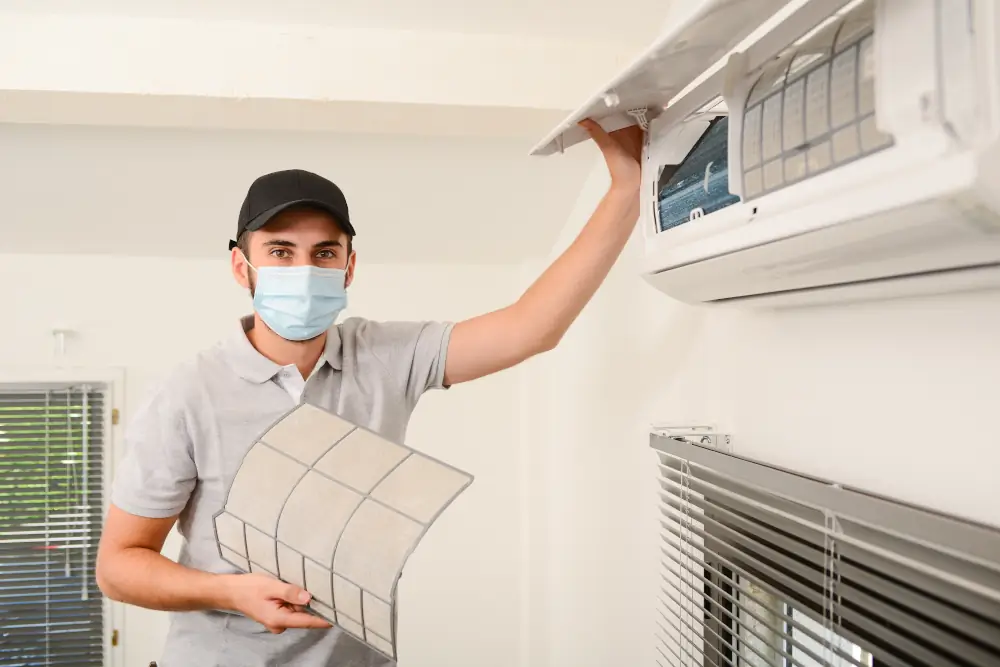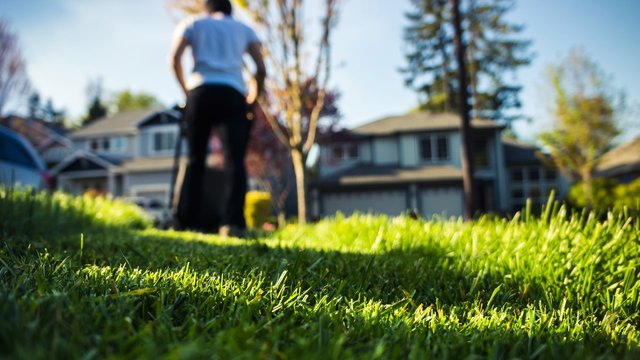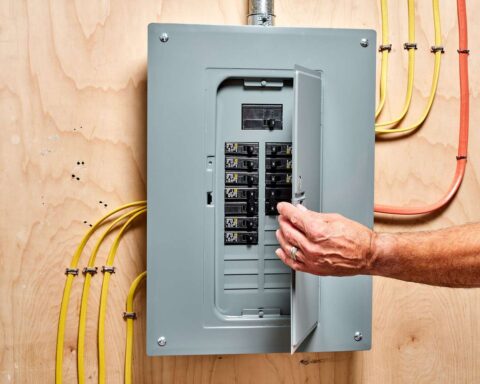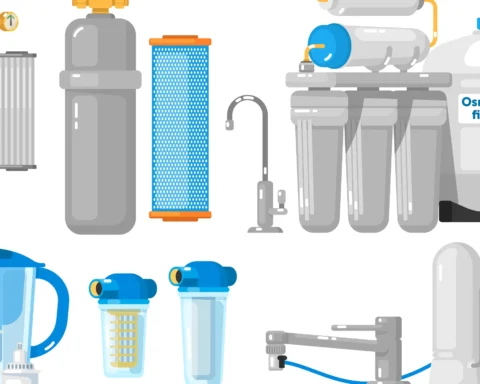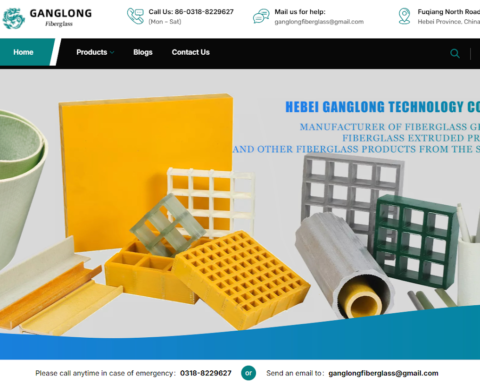Introduction to HVAC and Indoor Air Quality
The importance of indoor air quality cannot be overstated, especially when it directly impacts comfort and health at home. An effective HVAC system regulates temperature, but its capabilities extend beyond heating or cooling. By filtering out airborne contaminants, HVAC systems ensure that the air remains clean and allergen-free, making a significant difference in indoor living conditions. Investing in a quality system means prioritizing the health and happiness of every household member, offering relief from common pollutants that might otherwise linger unchecked.
Noteworthy studies and recommendations by the American Society of Heating, Refrigerating, and Air-Conditioning Engineers (ASHRAE) highlight how modern HVAC innovations improve residential indoor air quality. By aligning industry advancements with increasing public awareness, these efforts aim to foster healthier indoor ecosystems. The continued development within the HVAC sphere underscores a commitment to combating air quality issues, ensuring that homes are sanctuaries of health and comfort.
The Role of Air Filters and Purifiers
Air filters within HVAC systems are foundational in maintaining excellent air quality. As a barrier, filters trap microscopic particles such as dust, pollen, and dander, preventing them from circulating indoors. Types of filters vary widely, each offering distinct advantages. HEPA filters, for instance, are celebrated for capturing 99.97% of particles that are 0.3 microns in size, making them indispensable in households where allergy mitigation is a priority. Meanwhile, carbon filters eliminate odors and volatile organic compounds (VOCs), thus enhancing overall air freshness.
Beyond standard filtration, air purifiers offer additional purification processes, such as UV light and ionization, complementing the filtration capabilities. These purifiers protect families by neutralizing airborne germs and reducing potential health hazards. Integrating effective filters and purifying technologies contributes to a robust defense against indoor air pollutants, underscoring the role of HVAC systems as guardians of home health.
Importance of Regular Maintenance
Ongoing maintenance is critical to sustaining the health of HVAC systems. With routine checks, homeowners can ensure all system components, including heating, are functioning correctly and efficiently. Regular maintenance involves tasks such as replacing filters, inspecting ducts, and calibrating thermostats, all of which contribute significantly to system performance and air quality. Units that are neglected may experience reduced efficiency, leading to increased energy consumption and decreased air quality.
Professional maintenance services offer an opportunity to address minor issues before they escalate, reducing the risk of unexpected and costly breakdowns. This proactive approach not only preserves system functionality but also prolongs the life of the HVAC equipment—offering peace of mind and eventual cost savings. Ultimately, regular maintenance ensures an uninterrupted supply of clean air while enhancing the system’s lifespan and performance.
HVAC System Upgrades and Effectiveness
Exploring HVAC upgrades presents significant opportunities to enhance air quality and system effectiveness. Newer models incorporate cutting-edge filtration techniques and are designed to operate more efficiently, significantly reducing energy usage. This makes upgrading an attractive option for homeowners looking to reduce their carbon footprint while enjoying improved air quality. The introduction of sustainable and eco-friendly technologies aligns with environmental goals and demonstrates a commitment to innovation and better living standards.
Consider HVAC systems that offer enhanced features such as variable speed blowers, which adjust airflow based on real-time needs, enhancing comfort while maintaining efficiency. Such upgrades contribute to a well-balanced indoor climate, providing the dual benefits of cost-effectiveness and superior living conditions. Investing in modern HVAC technologies is an investment in the future—promising healthier homes and greater environmental compliance.
Impact of Smart Technologies on Air Quality
Integrating smart technologies into HVAC systems marks a smart indoor air quality management approach. These technologies, including IoT-enabled devices and adaptive sensors, allow precise control over home environments. Smart systems adjust operations automatically based on factors like occupancy and outdoor air quality, ensuring optimal air quality at all times. This dynamic response offers convenience and customization tailored to individual preferences and lifestyles.
Furthermore, smart technologies provide actionable insights through real-time data collection and analysis, enabling informed decisions on energy consumption and system usage. This translates to heightened control over indoor air conditions and streamlined energy management for homeowners. For more initiatives surrounding smart technology integration, the U.S. Department of Energy offers resources and guidance on energy efficiency implementations to maximize air quality and energy savings.
Addressing Common Questions About HVAC Systems
Frequently asked questions from homeowners typically revolve around maintenance schedules, cost implications of system upgrades, and the differences among filter types. Experts commonly advise bi-annual maintenance inspections to maintain peak system efficiency and prevent issues. This ensures that components are clean, calibrated, and ready to perform optimally throughout the year.
When selecting filters, it’s crucial to consider household dynamics, such as the presence of allergies or pets. While HEPA filters offer excellent protection against allergens, alternative options like electronic air cleaners or UV lights may offer targeted solutions based on specific needs. Thoroughly understanding these options allows homeowners to tailor their HVAC systems to suit personal preferences best, maximizing system utility and effectiveness.
How to Choose the Right HVAC System
Choosing the right HVAC system is a nuanced process that requires balancing technical specifications and personal requirements. Factors such as the size of the home, climate, and personal comfort preferences play an integral role in making the right choice. Comprehensive assessments conducted by professionals can help identify the most suitable options, assisting homeowners in aligning system capabilities with specific circumstances.
Evaluating a system’s energy efficiency ratings, air quality features, and technological advancements is essential. By considering these factors, homeowners can make informed decisions that optimize comfort and cost-effectiveness. Properly tailored systems deliver enhanced user satisfaction by catering to the unique demands of their living environments, proving that choosing the right HVAC system is pivotal for maintaining a harmonious and healthy household.
Summary and Final Thoughts
The holistic benefits offered by advanced HVAC systems are undeniable. They improve air quality and contribute positively to household well-being. By implementing a rigorous approach to maintenance, exploring strategic upgrades, and embracing advancements in smart technology, homeowners can experience substantial improvements in indoor environments. These efforts combine to secure a healthier, more comfortable, and energy-efficient home experience.
Ultimately, understanding and investing in your HVAC system is critical in ensuring a safe and pleasurable living space and keeping your and your family’s health intact. With strategic planning and execution, homeowners can harness the full potential of their HVAC systems, cultivating comfortable but also sustainable and resilient environments.
Keep an eye for more latest news & updates on Essential Tribune!

